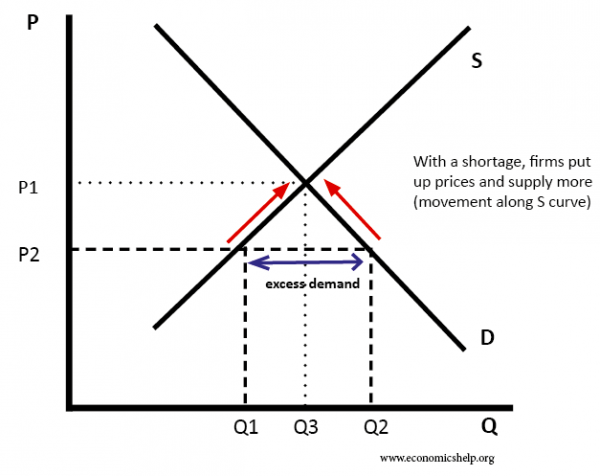DevOps Engineers – Supply and Demand
Put a few choice keywords in your LinkedIn profile like DevOps, AWS, Linux, Chef/Puppet, Terraform, etc, and you’ll soon be bombarded by jobs from headhunters for every “amazing”, “fast-growing”, “the next google” company out there. Many times these postings are coupled with cash or iPad bonuses for being hired or even just referring a friend. Every single time I log into LinkedIn I have about 5-10 new messages, each attempting to poach me from my current position. It can easily be said that good, quality DevOps engineers are hard to find, and companies are willing the pay top dollar to attract the right talent.
DevOps = Competitive Edge
Why are we seeing this change? It’s becoming more and more apparent that every forward-thinking technology company must have a quality DevOps team to be competitive. Integral business services and systems must be available 24/7/365. Code deployment must be automatic and seamless. Infrastructure must be architected to be fault-tolerant. And companies without these attributes suffer downtime, long/horrendous deployments, and infrastructure that does not scale. DevOps Engineers are in that perfect sweet spot to make positive and bold changes to the quality of a company. The few DevOps Engineers known as “Unicorns” actually find themselves running Engineering departments and many times are consulted by the executives of the business as the sounding board and many times have final say on what can and cannot be done. This has brought the engineers/architects to a powerful executive-level position.
Supply and Demand
The demand for DevOps engineers has risen every year since the term DevOps has been created, and the supply of seasoned, forward-thinking DevOps engineers continues to be relatively low. I have worked in this environment for 20 years and I know ZERO DevOps engineers looking for new work. Not one. Most are in environments they enjoy or are unwilling to change positions for the unknown of different architecture or bad management. My company had 2 open DevOps Engineer positions for six months and could not

find a single, qualified candidate. We ended up promoting a strong engineer-minded guy from QA and hiring my manager’s ex-coworker who is database administrator.
When looked at with an economics eye, the equilibrium between supply and demand is definitely changing. The Demand for for DevOps engineers has moved to the right, and creating a shortage. This means to reach the equilibrium the price or supply has to change. Since the Supply can’t immediately be changed (Can’t just make a DevOps engineer overnight) The price moves from the old price, P2 up to P1. In the future either more supply will be created (dropping the price) or more demand will be created, further pushing up salaries.
Quality Over Salary
With this increased demand most decent DevOps Engineers are pretty much able to write their own ticket…and a high salary is not enough for them to make a change. They want dynamic teams. They want to be challenged and respected by their team members. They want to use the tools they love and build new and cutting-edge systems. They want manager and executive support. They want to truly make the organization amazing and succeed.
We’re seeing a law of diminishing returns when it comes to salary and the enjoyment of the possible future positions. The law of diminishing returns refers to a point at which the level of profits or benefits gained is less than the amount of money or energy invested(ie: an increase in salary does not increase happiness or enjoyment of work). Will a higher salary bring me greater happiness? Will the jump to a new company, with all the unknowns associated with it be worth the extra 10-20K?
I have personally gotten to the point where a higher salary does not equal a higher return on happiness or work/life balance. I dream of the job where I can make 3/4 of my current salary and work 30 hours a week or a part-time, remote position where I can travel and work (see digital nomads). Why can’t we change how we work to accomplish this?
Ultimately, when deciding on a new position, salary should not be the most important thing on the list. Find a company you enjoy. Find a company that respects and *enforces* a true work/life balance. Find a company where you can make your mark and be have your ideas be respected and heard. And don’t just take their word for it as many say whatever they can to get you in the door. Do you research. Check Glassdoor and read every review. Talk to friends and find someone who works there. Find out everything you can to make your most educated decision.
And to all the headhunters reading, this is your differentiating factor.
|
